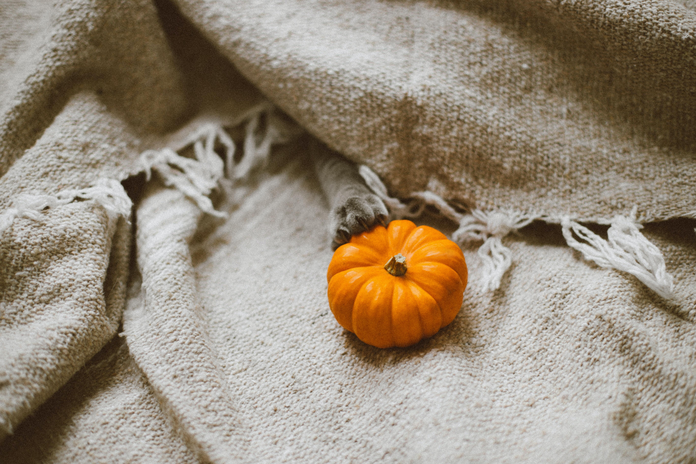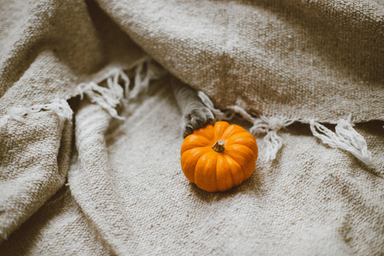It’s Halloween: the spookiest time of the year. But whenever this beloved holiday comes around, I can’t help but think of how clowns and creepy masks are not the scariest part of this tradition. It’s an accepted fact that many women’s costumes – besides being oftentimes a form of cultural appropriation – are designed to be “sexy,” no matter what the original inspiration for the ensemble was. These sexualized outfits straddle the line between objectification and liberation. On one hand, everyone should feel free to express their sexuality to whatever degree they desire, without the fear of being shamed or preyed upon. But then there’s the other side. For a costume to be deemed “cute,” it has to be short, tight or both at once.
Cady, in Mean Girls, famously said, “In the regular world, Halloween is when children dress up in costumes and beg for candy. In Girl World, Halloween is the one night a year when a girl can dress like a total slut and no other girls can say anything about it.” Shouldn’t girls (or anyone, for that matter) be able to dress how they want without being judged, tormented or declared a “total slut?” Does the fascination with Halloween as a hub for ultra-sexual outfits represent our tolerance of allowing women the chance to be sexually open on only one day of the year? And this day only comes when society deems it acceptable? I can’t help but think that when I put on my confidence-boosting bunny costume I am giving in, to a degree, to the culture of sexist oppression. The only reason my outfit is acceptable during this season is because of objectification, whether I directly experience it or not. Society constantly condemns women who express their sexuality as “sluts.” But, then it simultaneously puts pressure on women to dress provocatively, specifically on Halloween, because it appeases the male gaze. Where is the balance? Is wearing a costume that I feel good in enough to break the oppression, or am I still bound by some semblance of objectification?
The answer to the question of “Halloween: objectification or liberation?” is not simple; it’s as complex as issues like feminism are fundamentally. I tend to resort to the answer: if it’s the individual’s choice to express their sexuality and feel comfortable, then it’s acceptable. But sometimes that answer isn’t enough. How do we know when it’s even our choice, or when we are influenced by so many societal expectations that we can’t decide for ourselves and be unbiased? Halloween is just an example of a bigger issue. Women shouldn’t be degraded to simple objects, designed to please others, whether it’s a holiday or not, even if it feels like their choice. You should be able to walk into Party City, or any store during any season, and easily find items that make you feel comfortable – not objectified, not sexualized, just you.
Cover Photo Courtesy of PicJumbo
Gifs Courtesy of Giphy

